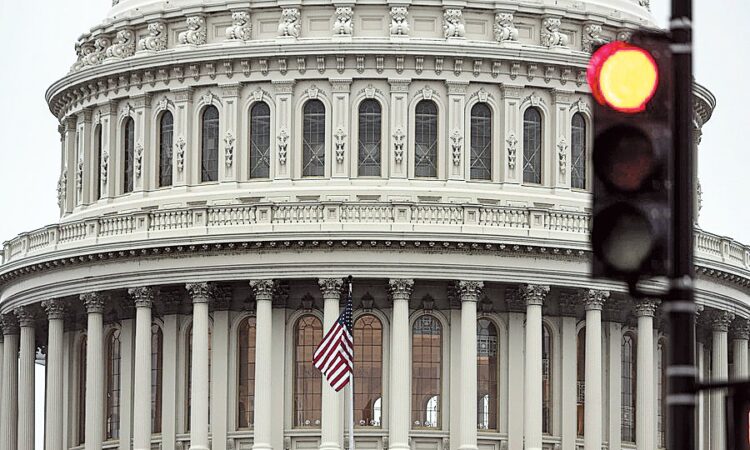
The $60 billion assistance package that includes new aid to Ukraine has stalled in the United States Congress since early last month due to the opposition of Republicans, who have been demanding that the White House address the security crisis on the border with Mexico.
But with US President Joe Biden ramping up his reelection campaign, his administration has become more straightforward about the nature of the Ukraine aid, which they admit is actually a booster for the US economy.
Speaking at a meeting of the White House Competition Council on Tuesday last week, US Defense Secretary Lloyd Austin claimed that the US’ military assistance to Kyiv has not only “saved lives” and kept Ukraine in the fight, but also has been a boon for the US economy.
“These investments have expanded facilities and created jobs for American workers. And the weapons that we’ve sent to Ukraine to help defend itself are made in America by American workers nationwide — from Texas, to Ohio, to Arizona,” he said.
By singling out Texas, which is the focus of the border policy dispute, and Ohio and Arizona, both key swing states in the presidential election, the Pentagon chief was apparently trying to insinuate to the voters in these states that the Republicans are threatening to take away their jobs by not approving the aid.
The US has been Ukraine’s main military backer, providing Kyiv with around $45 billion in arms between January 2022 and January 2024, while the total commitments have reached more than $70 billion, according to Germany’s Kiel Institute for the World Economy.
US Secretary of State Antony Blinken has also admitted that roughly 90 percent of the financial assistance for Ukraine is spent on the domestic production of weapons and equipment, saying that additional tranches would “benefit American business, local communities, and strengthen the US defense industrial base”.
Last month, Under Secretary of State for Political Affairs Victoria Nuland delivered a similar message in an interview with the media, saying that she had “strong confidence” that the assistance package will be approved, as it addresses the US’ own interests.
“We have to remember that the bulk of this money is going right back into the US economy, to make weapons, including good-paying jobs in some 40 states across the US,” she said, adding that support for Ukraine in the US “is still strong”.
However, the latter is not the case.
According to a survey from the Harris Poll and the Quincy Institute last month, roughly 70 percent of Americans want the Biden administration to push Ukraine toward a negotiated peace with Russia as soon as possible.
A growing number of US citizens do not support US military aid to Kyiv unless it is tied to peace talks. They undoubtedly demonstrate a markedly higher moral standard than the US politicians in believing that it is peace rather than money that should be the goal of the US’ policy, while the latter, be they Democrats or Republicans, make their Ukraine policies in lieu of a sole criterion of whether the US can make money from the mess and whether they can make political capital from it.
That callousness and hypocrisy were only reinforced by Biden’s State of the Union Address last week in which the US president mentioned Ukraine eight times but only to tell the US people that the Republicans are preventing the US from making money out of the Ukraine chaos.
In Biden’s reasoning, the Republicans have no reason to block the US’ assistance for Ukraine, a lucrative business, as long as “there are no American soldiers at war in Ukraine”. All Ukraine is asking for is weapons, “they are not asking for American soldiers”, and he declared he was “determined to keep it that way”.
By describing the Republicans as those “who want us to walk away from our leadership in the world”, the US leader has made it crystal clear that what the US’ world leadership is built on.






